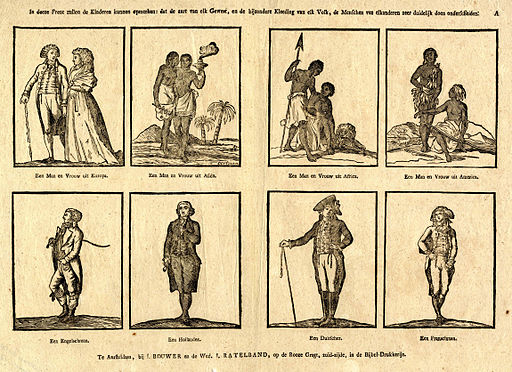Anthropology vs Ethnography
What sets anthropology and ethnography apart? Although both terms are sociological in nature and involve the study of humans and human nature, there are key differences between the two. Anthropology focuses on the study of humans, both in the present and the past, with the main goal being to investigate the past and present status of human beings. Ethnography, however, specifically deals with different cultures and aims to understand the diverse patterns of behavior throughout the world. Let’s examine these fields in greater detail.
What is Anthropology?
The term “anthropology” comes from the Greek words “anthropos” (meaning “man”) and “logos” (meaning “study”). Collectively, anthropology represents the study of mankind. This field of study focuses on all varieties of humans, both past and present. Researchers in this field, known as anthropologists, are interested in uncovering the history of humans from millions of years ago and tracing their development to the present. Anthropology is a vast area of study that delves deep into historical eras worldwide, drawing knowledge from other social sciences, biological sciences, and physical sciences. As a result, we are able to understand and compare the present situation with the past.
Anthropology takes a holistic approach, meaning anthropologists not only study humans but also the geographical area, culture, and family organization related to their research. Anthropology can be divided into four main sub-disciplines: socio-cultural anthropology, biological/physical anthropology, archaeology, and linguistics. Modern anthropologists typically specialize in one of these fields and continue their research in that area. Overall, anthropology is a significant field within sociology.
What is Ethnography?
Ethnography stems from ethnology, another sociological study aimed at understanding the various reasons why and how people in the past and present differ from one another. Thinking and behavior patterns often vary from person to person and culture to culture. As a result, ethnology primarily focuses on the behavior patterns of people in relation to customs, organizations, political and economic systems, art, and music across different communities. Ethnology studies the dynamics of changing cultures and examines intercultural relationships. This field also explores how individuals react to cultural changes and the impact of those changes on people.
Ethnography refers to the records and details collected and written by an ethnologist. In these descriptions, ethnologists not only report their findings but also ask questions about why and how certain phenomena occur. Ethnographies reflect the knowledge and living systems of a cultural group and always involve empirical data.
Key Takeaways
- Anthropology and ethnography are both parts of sociology and deal with humans, but anthropology focuses on studying humans in the past and present, while ethnography is more concerned with culture and ways of living in specific communities.
- Anthropology has a holistic approach, studying humans as well as geography, culture, and family organization, while ethnography aims to understand why and how people differ based on their thinking and behavior patterns.
- Ethnography is the detailed account prepared by an ethnologist after conducting their studies, and it deals with empirical data.
Both anthropology and ethnography are essential fields within sociology, providing answers to numerous questions about humankind throughout history.
